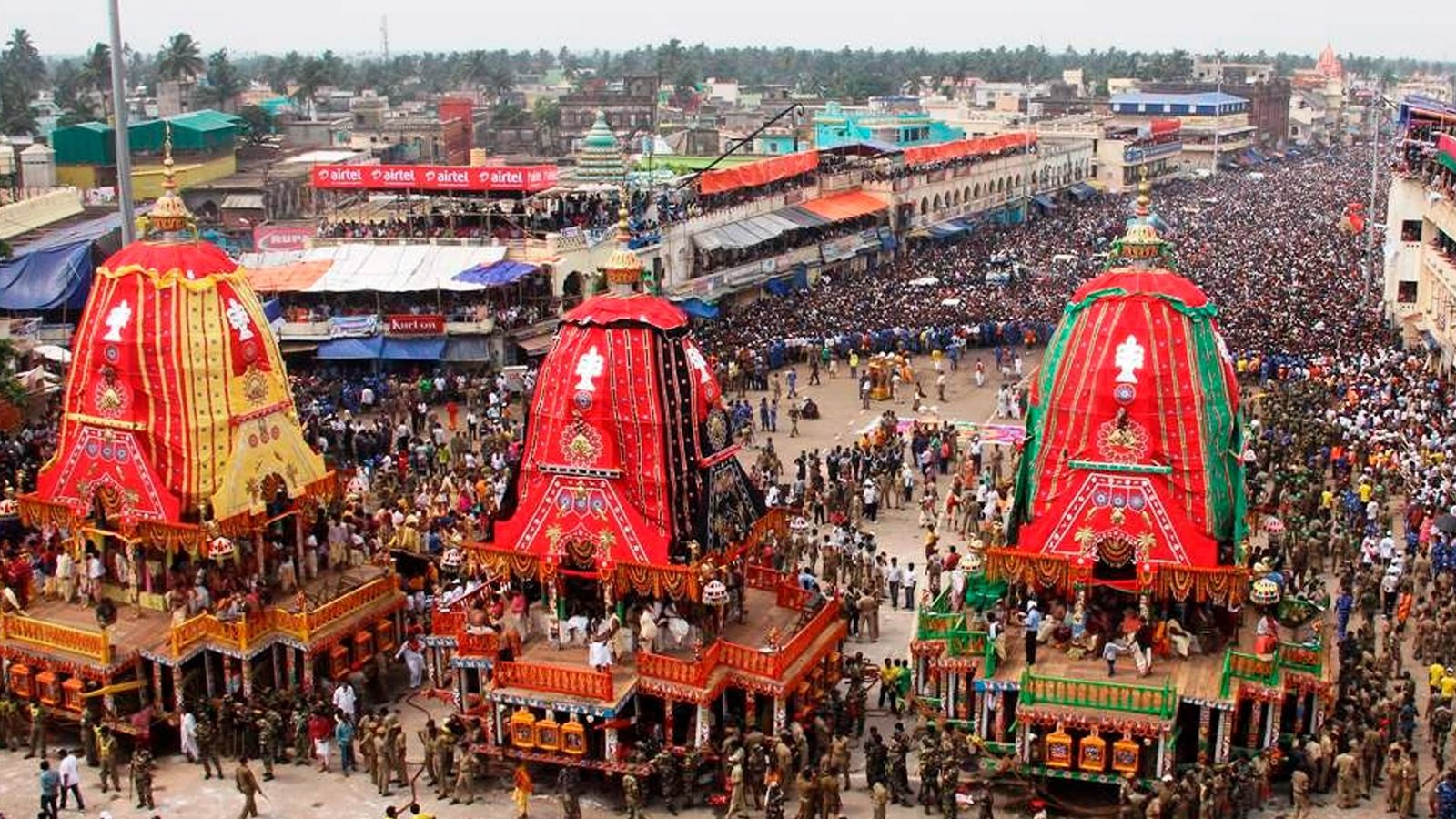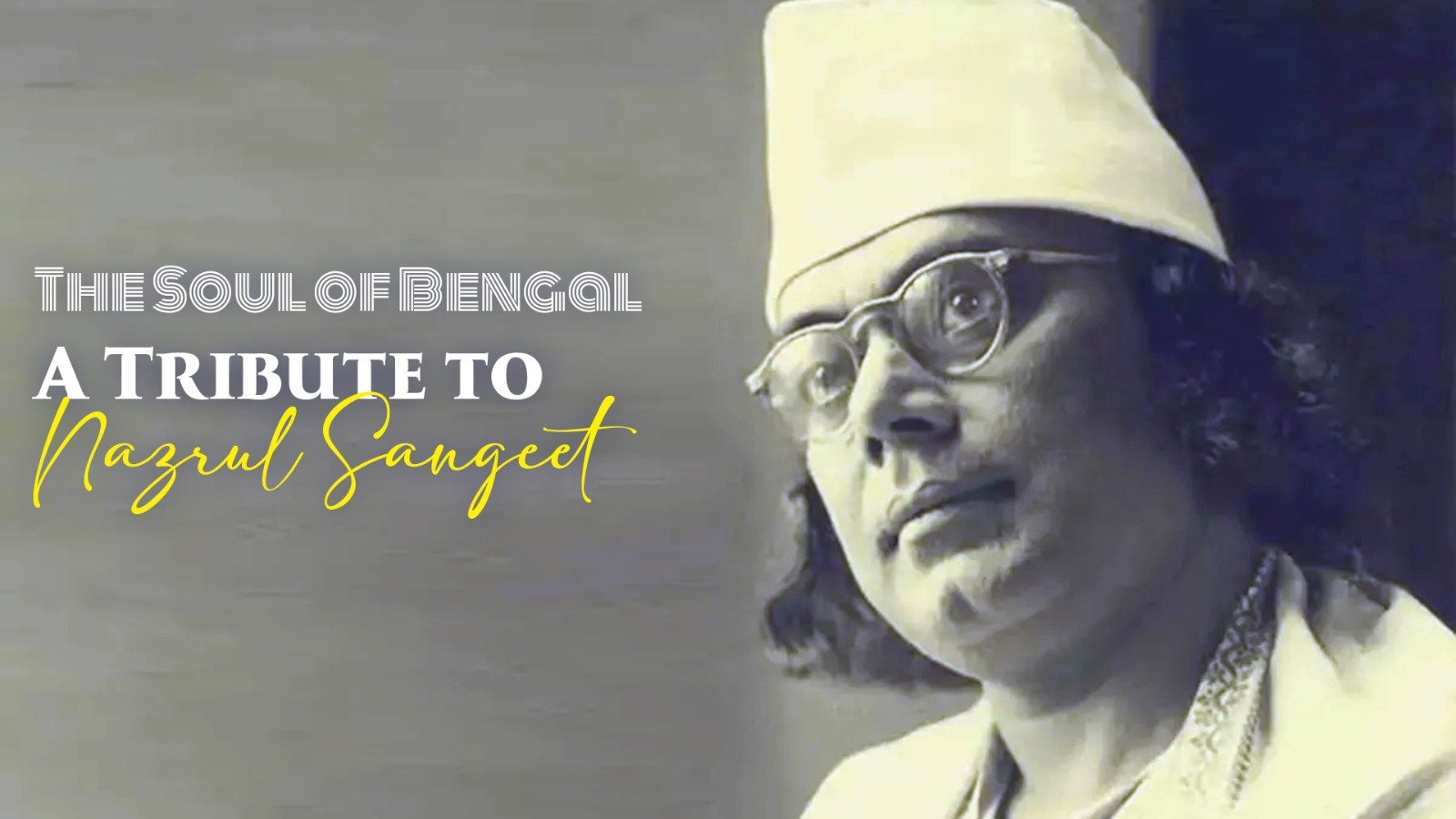The Rath Yatra History dates back to over 5,000 years ago in Jagannath Puri; a picturesque city in Odisha. It is believed that, in order to kill Krishna and Balram, their maternal uncle Kamsa requested them to visit Mathura. He also sent a chariot on which Krishna and Balram sat to travel to Mathura. There is a strong belief that Lord Krishna took the human form on earth in Dwapara Yuga. It was midnight on the 8th day of the month of Sravan. He performed miraculous feats and stated that he would reside in Puri during the Kali Yuga. Going by these facts, Puri earns the name as the abode of Lord Jagannath, devotees consider him to the lord of the universe. Hence, a beautiful temple devoted to Lord Krishna was built in Puri from where the rath yatra originated. The Story Behind the Rath Yatra This famous Rath Yatra Story begins with Krishna’s cremation. His brother Balram experienced deep sadness and made an attempt to drown himself into the ocean with Krishna’s body. But, King Indradyumna of Jagannath Puri envisioned a floating body of Lord Krishna in the shores of Puri. This lead to the making of the statues of Krishna, Balram and Subhadra. On finding Kirshna’s ashes, the king starts putting his efforts to carve the statues from wood. Vishwakarma, gods’ architect, appeared as an old carpenter. He agreed to do the job with a condition that nobody should disturb him. However, due to impatience, the king opened the door and Vishwakarma vanished. The Temple and The Chariot Lord Jagannath temple complex spans over 400,000 square feet, featuring 120 temples and shrines. A 20 feet high fortified wall surrounds the complex. The three chariots resemble the temple’s structure. They are newly constructed every year with wood from trees like phassi and dhausa. The chariots feature decorations in unique schemes designed since the starting days of the yatra. This is the only temple in the world that has the idols of the siblings together. These are elaborate chariots where devotees and priests pull by their hands using 50-metre ropes. The lengths of the chariots are: Lord Jagannath Chariot called Nandighosa: 45.6 feet Lord Balram Chariot called Taladhvaja: 45 feet The Rath Yatra Meaning states that the festival commemorates Lord Krishna’s annual visit to Gundicha Temple through Mausi Maa Temple. So, people believe this temple to be Krishna’s maternal aunt’s home. Yatra is a leading Hindu ritual and its meaning is journey. Representatives of the presiding deities called Utsava Murti make the journey. The yatra includes a short circumambulation around the temple and also a long journey heading to another destination. Discovering Rath Yatra Significance This festival also carries names like Ghosa Jatra, Navadina Jatra and Dasavatara Jatra. It’s the most auspicious occasion in Puri and is a very sacred and important part of the temple festivities and ceremonies. It’s the grandest festival in Puri. Since he is black in colour, Lord Jagannath’s local name is Kaliya. He is a god and a friend. Devotees also believe that by just touching the chariot or the ropes, enables good Karma and washes away the sins. The deities are decorated with several kgs of gold during the festival. This Rath Yatra is a grand journey of Lord Krishna back to his childhood. This is the reason why his siblings go with him on the symbolic tour. Krishna’s wife Lakshmi’s Reaction Since Lakshmi is left behind in the temple, irritation and frustration take over. Priests, maharis and temple dancers enact this to evoke Lakshmi’s feelings. It gives a feeling that even Lord Krishna has marital problems just like a common man has.A Chariot called Devadalana: 44.6 feet In fact, the famous Rath Yatra is an annual celebration in several countries every year. It’s big celebration in New York City, Russia, Canada, Sydney in Australia, even Bangladesh and others.
History of Rath Yatra in Puri
Jesica Sen
||
Post On > Jul 11 2024 ||


asd
2025-10-13 02:40:59

The Soul of Bengal: A Tribute to Nazrul Sangeet
2025-09-01 13:45:33

The Psychology of Singing: How Your Mood Shapes Your Voice
2025-08-20 11:02:30

Respecting Stage Artists: The Heartbeat Behind Every Performance
2025-08-06 11:30:17

1
2025-07-30 11:24:31

Uttam Kumar Movie Songs: The Golden Voice of Bengali Cinema
2025-07-24 11:39:01
Leave a reply